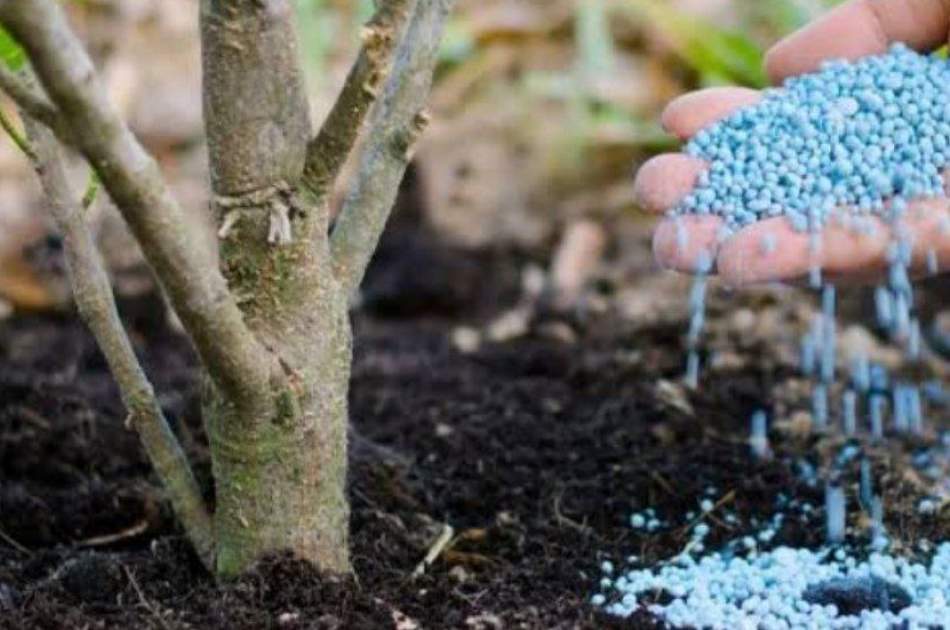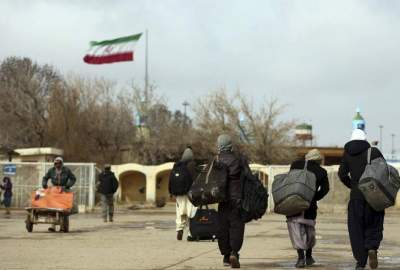Officials in the Ministry of Agriculture, Irrigation and Livestock of the Islamic Emirate say that this year they have distributed more than 33,000 tons of improved wheat and more than 60,000 tons of white and black chemical fertilizers among farmers throughout Afghanistan.
Publish dateSunday 18 February 2024 - 15:52
Story Code : 286050
Afghan Voice Agency (AVA) - Kabul: Misbahuddin Mustain, the head of information and public awareness of the Ministry of Agriculture, Irrigation and Livestock of the Islamic Emirate, said today (Sunday, February 18) in an interview with AVA reporter that in the year 1401 AH, more than 30 thousand Metric tons of improved wheat and 55 thousand tons of white and black chemical fertilizers were distributed among the farmers.
According to the head of information and public awareness of the ministry, this year more than 33 thousand tons of wheat have been improved and more than 60 thousand tons of white and black chemical fertilizers have been distributed among farmers throughout the country.
He expressed hope that next year, the level of distribution of improved wheat and chemical fertilizers to farmers will increase even more.
Mr. Mustain adds that the distribution of improved wheat and chemical fertilizers have had a positive effect on the growth of farmers' crops and their harvest has increased.
At the same time, the farmers also say that modified wheat and chemical fertilizers of the Ministry of Agriculture are of good quality compared to the fertilizers available in the market.
They ask the Islamic Emirate to continue and increase the distribution of improved wheat and chemical fertilizers in the coming year.
Afghanistan is considered a rich country in terms of agriculture, despite the recent droughts that have had negative effects on farmers' crops.
This is despite the prohibition of drug cultivation in the country by the Islamic Emirate, most of the farmers have turned to the alternative of drug cultivation.
According to a study conducted by the United Nations Office on Drugs and Crime (UNODC), since the announcement of the ban on poppy cultivation in Afghanistan, the cultivation of this plant has decreased by about 95%, from 233,000 hectares in 2022 to 10,000. 1,800 hectares have been reached in 2023. This has led to a 95% decrease in opium supply from 6,200 tons in 2022 to 333 tons in 2023.
Previously, the Deputy Minister of Agriculture, Irrigation and Livestock of the Islamic Emirate criticized the international organizations and said that these organizations did not cooperate with the Islamic Emirate for the alternative of poppy cultivation.
avapress.com/vdcaminuw49naw1.tgk4.html
Tags
Top hits







